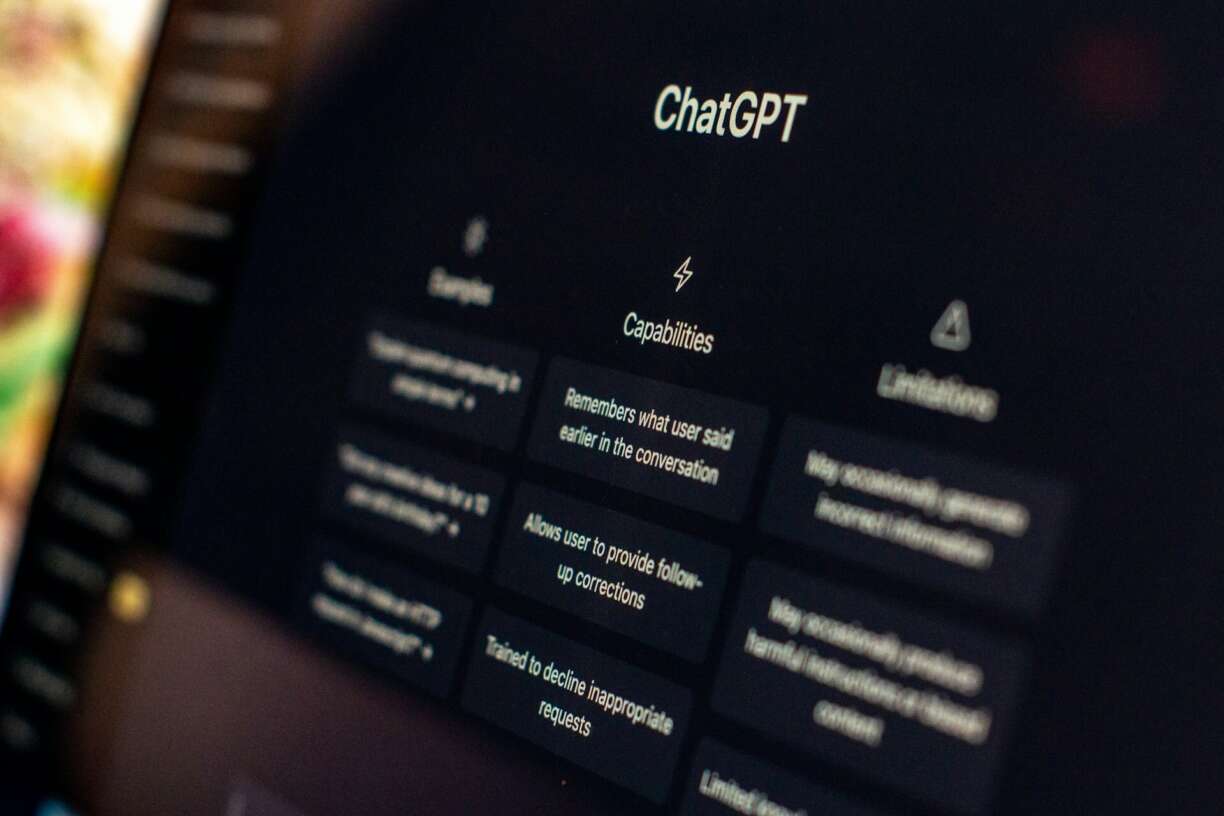June 06, 2025
AI won’t save us from the hard choices in healthcare

Last week, the recently resigned Dutch Health Minister Fleur Agema announced an €800 million investment in artificial intelligence (AI) and innovation for the healthcare sector, aiming to halve administrative burdens by 2030. While this initiative is commendable, it's essential to understand that AI, despite its potential, isn't a panacea for the structural challenges facing our healthcare system.
The Illusion of AI as a Cure-All
AI has demonstrated capabilities in various medical applications, such as improving diagnostic accuracy and automating routine tasks. However, these advancements often lead to increased demand for services rather than reducing workloads. For instance, AI-assisted diagnostics can identify more cases, necessitating additional treatments and follow-ups. Moreover, the integration of AI systems requires substantial investments in infrastructure, training, and maintenance.
Automation Doesn't Equate to Reduced Labor
Historically, technological advancements in healthcare, like the IT revolution of the 1990s, have streamlined processes but haven't significantly decreased labor demands. AI, as a form of advanced automation, is likely to follow this same pattern. While it can handle specific tasks efficiently, it doesn't replace the nuanced decision-making and human interaction essential in healthcare. Furthermore, the deployment of AI often uncovers additional areas requiring attention, thereby expanding the scope of work rather than contracting it.
The Necessity of Policy Decisions
Investing in AI should be part of a broader strategy that includes making difficult policy decisions about resource allocation, care prioritization, and system sustainability. Without addressing these fundamental issues, AI risks becoming a tool that merely amplifies existing inefficiencies. It's crucial to recognize that while AI can support healthcare delivery, it cannot substitute the need for well thought out policy.
AI offers promising tools to enhance certain aspects of healthcare, but it's unlikely to be a silver bullet. The recent €800 million investment reflects a commitment to innovation, yet it's imperative to couple this with strategic policy-making. Only through a balanced approach that combines technological advancements with thoughtful reforms can we hope to create a sustainable and effective healthcare system.
Written by Prof. Maurits Kaptein, Professor of Applied Causal Inference, and Prof. Edwin van den Heuvel, Professor of Statistics, both affiliated to Eindhoven University of Technology
More results /
 Je medisch dossier inladen in nieuwe functie ChatGPT? Denk 10.000 keer na
Je medisch dossier inladen in nieuwe functie ChatGPT? Denk 10.000 keer na
By Natali Helberger • January 19, 2026
By Roel Dobbe • November 24, 2025
By Roel Dobbe • November 12, 2025
 Combatting financial crime with AI at the crossroads of the revised EU AML/CFT regime and the AI Act
Combatting financial crime with AI at the crossroads of the revised EU AML/CFT regime and the AI Act
By Magdalena Brewczyńska • January 16, 2026
By Sabrina Kutscher • July 02, 2025
By Natali Helberger • March 06, 2025
By Maurits Kaptein • June 06, 2025
By Leonie Westerbeek • November 22, 2024
 Clouded Judgments: Problematizing Cloud Infrastructures for News Media Companies
Clouded Judgments: Problematizing Cloud Infrastructures for News Media Companies
By Agustin Ferrari Braun • January 29, 2026
By Fabio Votta • November 05, 2025
By Ernesto de León • Fabio Votta • Theo Araujo • Claes de Vreese • October 28, 2025




